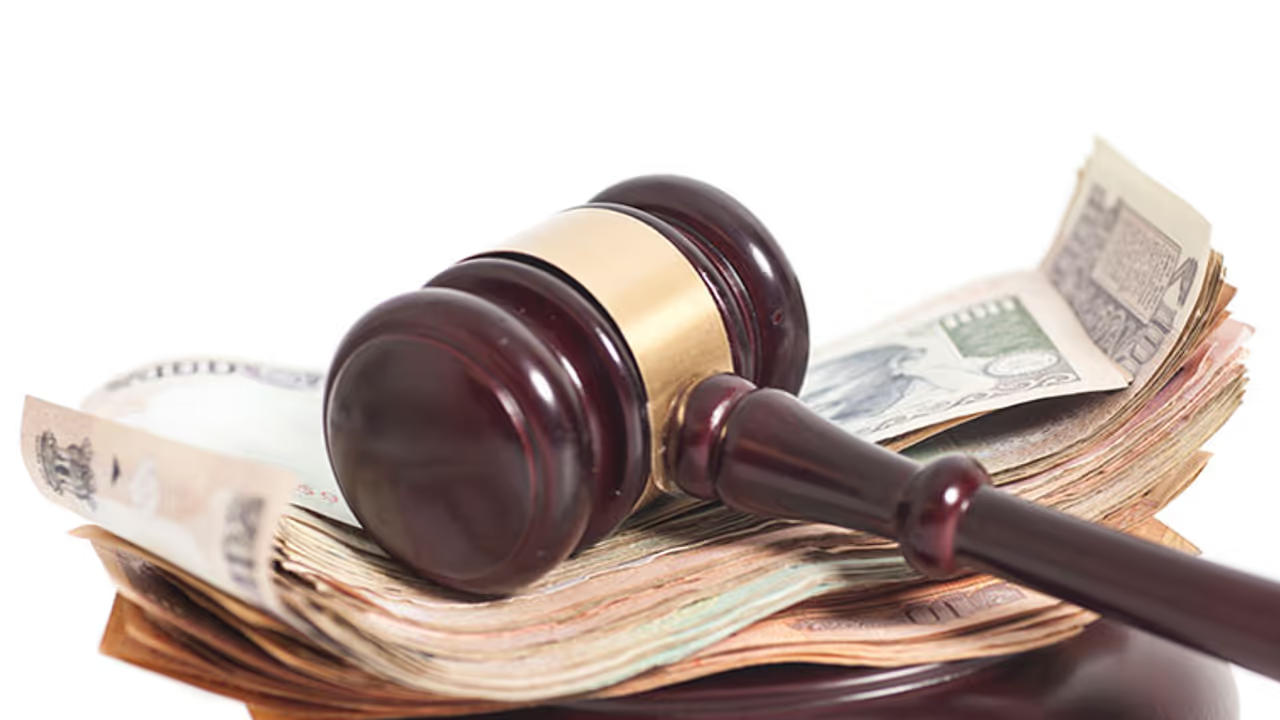Article 300A of the Constitution of India says 'No person shall be deprived of his property save by authority of law.' Hon'ble Supreme Court mentioned that if people can not enjoy their property than it is depriving one of their right to property. No law explicitly empowers the central government or any authority in India to impose a restriction on accessing one's bank account.

In another couple of days, it will be one month since demonetisation and people are still not being able to access their own money due to government and RBI regulations. The reason behind the restriction in withdrawal limit is that one, the demonetisation announcement made 86% currency note invalid and second, there are not enough new currency notes available in the market.
This is one of its kind situation wherein for the first time in history people of India have been restricted from accessing their own money. The cash withdrawal limit seems legit for every account for the time being but withdrawing that amount has also become a humongous task.
In short, the government has imposed rationing on cash per individual.
But, the question is can the government legally do this?
Especially, with those people whose has lawfully earned their money, paid taxes, and deposited the amount lawfully. In other words, those who are not even under suspicion of possessing money through illegal means can restriction be imposed on them, legally?
What Constitution of India says:
Article 300A of the Constitution of India says 'No person shall be deprived of his property save by authority of law.'
This is a constitutional right but not fundamental right given to the citizens of India and protected under the supreme law of the nation. Now, to impose any restriction on any of these rights require laws. However, the only difference between constitutional and fundamental rights is that the latter one requires fair and reasonable laws whereas the former one just requires a law.
Cash, Constitution, and We, the people of India:
Is cash property? Yes, it is. Are the limits imposed by the government and RBI on cash? Not really, because there is no limit on transactions means we can buy or sell stuff.
But, the restriction is on bank accounts means we can not access money through our bank accounts which also happens to be a property of an individual.
Restriction can be of various types but without going much into technicalities let's agree that the government has restricted access to bank accounts for the time being.
As a result of this, people are not being able to enjoy their property (in this case cash) which the Hon'ble Supreme Court mentioned as depriving one of their right to property.
In short, our Constitutional right to property has been violated post demonetisation.
Under what law we have been deprived of accessing our property?
The demonetisation announcement came with a notification under Reserve Bank of India Act, 1934, section 26(2) that has been the basis of the current restriction on bank account access.
But, this section barely authorises the government to notify the Reserve Bank of India Central board's decision to demonetise currency notes. It does not mention anything about limitation or restriction in accessing bank accounts.
To put it simply, no law explicitly empowers the central government or any authority in India to impose a restriction on accessing one's bank account and what you are currently facing might be against your Constitutional right.
